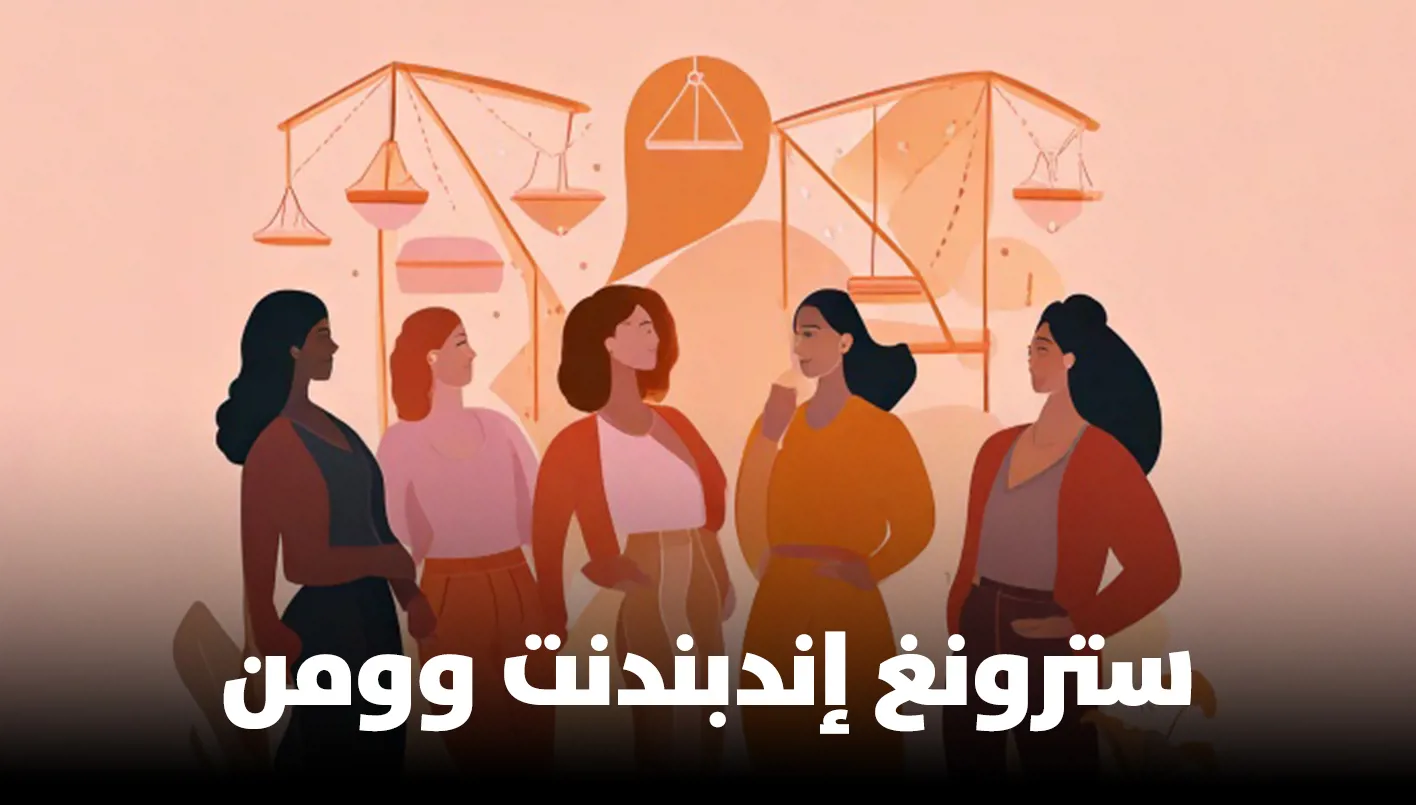In Tunisia, despite progress in women’s rights, there is a growing rejection of the concept of the “Strong Independent Woman” due to women bearing heavy responsibilities at home and work while men’s contributions decline, sparking debates about patriarchal mentality and conservative thought.
The article discusses the rise of the anti-Strong Independent Woman movement in Tunisia, where women face challenges balancing work and household duties due to reduced male participation. This is attributed to patriarchal mentality and increasing conservative ideology, with statistics showing women spend between 8 to 12 hours daily on unpaid care work compared to 45 minutes for men, deepening the gender gap.
Tunisia is considered a pioneer in women’s rights in the Arab region and globally, with generations fighting for women’s freedom and independence. However, voices rejecting the concept of the independent and strong woman have emerged, raising questions about their motives.
The “Strong Independent Woman” concept refers to a woman who is financially and morally strong, capable of pursuing her dreams and goals relying on herself without needing a man’s help, according to Najat Al-Arari, sociology professor and member of the Democratic Women Association.
Women hold an important place in Tunisian society and theoretically share equal rights and duties with men, but in reality, full equality is still a work in progress, as women’s rights advocates confirm.
Thanks to increased female education rates and early entry into the labor market, Tunisian women have gained financial independence, becoming key contributors to family expenses whether as daughters, mothers, or wives.
However, alongside this independence, women complain about men abandoning much of their family responsibilities, leaving women to juggle traditional roles (housework, child-rearing) alongside work and often bearing full financial responsibility for their households.
Al-Arari notes that this abandonment “can become total in many cases, especially in divorce situations, where the woman alone bears the responsibility of raising and financially supporting the children.”
Khadija, a mother of three and government employee, tells “An-Nahar” she feels completely exhausted by the heavy responsibilities she shoulders. She says, “I have to wake up early to go to work, then come home in the evening and head straight to the kitchen to prepare dinner and the next day’s lunch, while cleaning and tidying the house. Afterwards, I help my children with their studies, while my husband goes to sit with his friends at the neighborhood café.”
Khadija, like many women, complains about her husband’s indifference and lack of participation in childcare responsibilities, confirming she no longer finds time to care for herself.
She reveals she spends her entire salary on her family’s needs, saying, “I am forced to do so because my husband’s salary is insufficient, especially since part of it goes to his personal expenses like buying cigarettes and coffee.”
On social media, videos circulate showing Tunisian women humorously expressing rejection of the “Strong Independent Woman” idea, talking about wanting to return to the traditional woman’s role “because of the heavy responsibilities they bear.”
Although these clips seem humorous on the surface, they convey multiple messages, according to Al-Arari, reflecting the hidden suffering of women victims of the society’s patriarchal mentality, while also revealing the growing conservative thought that implies returning women to a state of weakness and submission.
She explains that this segment of women suffers from their partners’ refusal to share responsibilities and awareness of its importance. She considers that “child-rearing and housework are classified as work with added value, but a large part of society refuses to acknowledge that.”
She adds that women now perform two jobs simultaneously, which exhausts them, “and from here some women believe the idea of the strong independent woman is the cause,” but she warns that the expansion of anti-strong independent woman discourse contains a patriarchal mentality aiming to revert women to their stereotypical and traditional image.
She points out that this trend has grown globally, especially with the rise of far-right discourse in many countries.
Women in Tunisia suffer from society’s lack of recognition of their household work. According to official studies, women spend between 8 and 12 hours daily on unpaid care work, compared to 45 minutes for men. The Ministry of Women estimated the value of this work at 23 billion Tunisian dinars.
Feminist activist Ibtisam Al-Riyahi says the inequality in unpaid care work between genders deepens the gender gap.
She confirms that the “anti-strong independent woman” current reopens the discussion about the idea of equality between women and men and to what extent it should be complete, including equality in effort.














Recommended for you
Talib Al-Rifai Chronicles Kuwaiti Art Heritage in "Doukhi.. Tasaseem Al-Saba"
Exhibition City Completes About 80% of Preparations for the Damascus International Fair Launch
Unified Admission Applications Start Tuesday with 640 Students to be Accepted in Medicine
Egypt Post: We Have Over 10 Million Customers in Savings Accounts and Offer Daily, Monthly, and Annual Returns
His Highness Sheikh Isa bin Salman bin Hamad Al Khalifa Receives the United States Ambassador to the Kingdom of Bahrain
Al-Jaghbeer: The Industrial Sector Leads Economic Growth